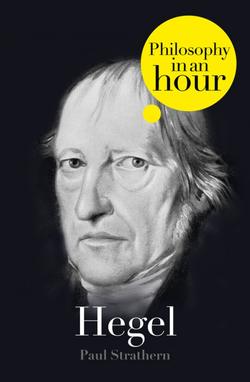Читать книгу Hegel: Philosophy in an Hour - Paul Strathern - Страница 5
Introduction
ОглавлениеIn 1770, the year of Hegel’s birth, Kant delivered his inaugural dissertation at the University of Königsberg. In the same year the poets Hölderlin and Wordsworth were born. The seeds of ecstatic lyricism and profoundly sober systemization were sown: the extremes of subjectivity and objectivity. Europe stood on the brink of its greatest transformation since the Renaissance. The French Revolution was the political manifestation of this change; the Romantic Movement was its cultural expression.
Meanwhile the Industrial Revolution was to change the face of the entire continent. And within years of Hegel’s death, Marx was preparing a further transformation which was to change the face of the twentieth century.
Hegel was to be profoundly involved in both these transformations. In a U-turn such as could only have been encompassed by his celebrated dialectical method, the student Hegel welcomed the French Revolution, and the aged Hegel sang the praises of the arch-conservative Prussian state.
In the hands of Hegel, the dialectical method produced the most elephantine philosophical system known to man, a monolith in praise of the monolithic state. Yet in the hands of his avid follower Marx, Hegel’s method was to produce the greatest revolution since the French Revolution, which in its turn produced the most elephantine political system known to man (which in many aspects bore an uncanny resemblance to the Prussian state). This was much how Hegel’s dialectical system was meant to work, though he probably wouldn’t have seen it this way.
